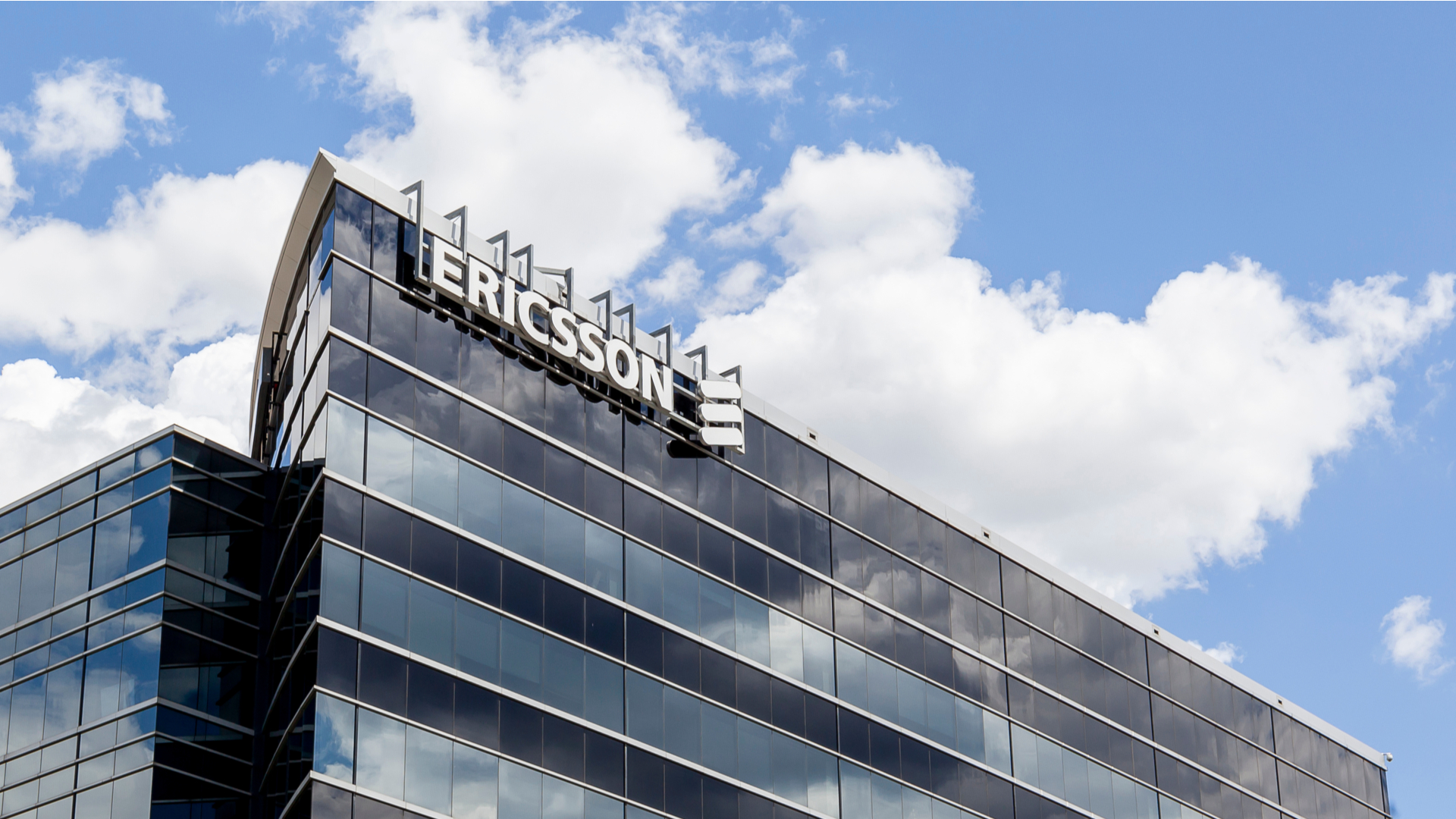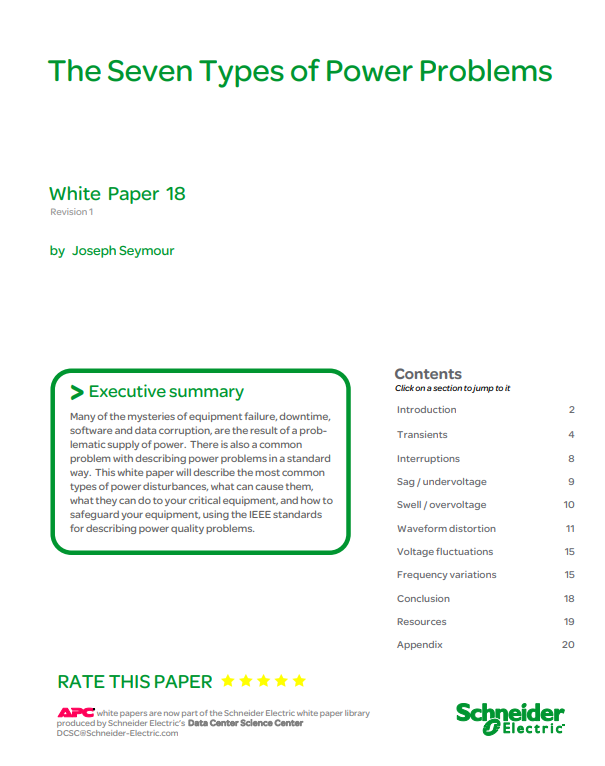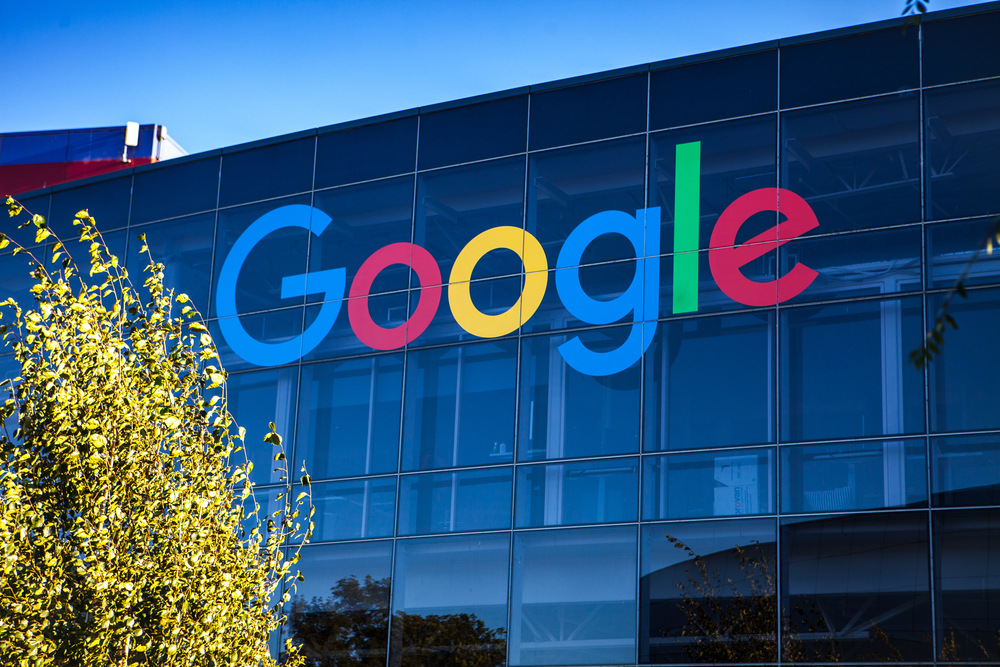Ericsson’s Russia exit will stifle 5G rollout
The move is expected to be a "huge blow" for the Swedish telecom


Ericsson’s decision to pull out of Russia is likely to stifle the country’s 5G rollout, leaving the country’s main mobile operators and businesses without a supplier.
The Swedish telecom giant announced the decision on Monday, six weeks after it suspended supplies to Russia as part of sanctions imposed due to the country’s invasion of Ukraine.
The move to suspend business in Russia “indefinitely” will further delay the country’s 5G rollout and make it difficult to maintain the existing 2G, 3G, and 4G networks.
Ericsson supplies equipment to three of the largest Russian mobile operators – MTS, Megafon, and Tele2 – having signed a deal to provide MTS with 5G-ready equipment in 2020. In 2021, the two companies agreed to cooperate on the construction of commercial LTE / 5G-ready networks for multiple leading Russian enterprises, including SIBUR, EVRAZ, and Severstal. Megafon has depended on Ericsson for radio-relay equipment, while several Russian companies, including Tele2, are customers of Ericsson’s private wireless network offerings.
Ericsson’s exit “represents a further opportunity for other players such as Huawei to continue growing its presence in the country”, according to telecom industry analyst Paolo Pescatore, who described today’s announcement as “inevitable”.
RELATED RESOURCE

However, reports from late last week suggest that Huawei has joined the international boycott of Russia, refusing to enter into new contacts with Russian telecom operators as well as considering closing its Russian offices, according to Forbes Russia and GizChina.
Huawei, which has a 33% market share of all cellular base stations operating in Russia, could benefit tremendously from staying in Russia – especially in the wake of Ericsson and Nokia’s exit.
Sign up today and you will receive a free copy of our Future Focus 2025 report - the leading guidance on AI, cybersecurity and other IT challenges as per 700+ senior executives
Janis Kluge, senior associate at the German Institute for International and Security Affairs, described the move as “painful to Russia”, adding that Huawei and Ericsson “are Russia’s most important providers of mobile communications infrastructure”. Huawei wasn’t immediately available for comment.
It will also be a “huge blow” to Ericsson, Pescatore told IT Pro, as the telecom “will not be paid” for its Russian networks.
Ericsson announced that it would record a SEK 0.9 billion (£73 million) provision in its first-quarter results “to write down the related assets and book exceptional costs”.
Having only graduated from City University in 2019, Sabina has already demonstrated her abilities as a keen writer and effective journalist. Currently a content writer for Drapers, Sabina spent a number of years writing for ITPro, specialising in networking and telecommunications, as well as charting the efforts of technology companies to improve their inclusion and diversity strategies, a topic close to her heart.
Sabina has also held a number of editorial roles at Harper's Bazaar, Cube Collective, and HighClouds.
-
 Will autonomous robotics leap forward in 2026?
Will autonomous robotics leap forward in 2026?In-depth Connectivity and cost benefits remain barriers, despite breakthroughs in physical AI
-
 AWS and NTT Data team up to drive legacy IT modernization in Europe
AWS and NTT Data team up to drive legacy IT modernization in EuropeNews Partnership between AWS and NTT DATA aims to boost AWS European Sovereign Cloud capabilities
-
 Why energy efficiency could be key to your business’ success
Why energy efficiency could be key to your business’ successSupported An energy efficient data center setup can help save on bills, but the benefits don’t have to stop there
-
 Digital Twins - Transforming supply chains and operations
Digital Twins - Transforming supply chains and operationsWhitepaper A virtual view of products, processes, and operations, as well as the impact of various factors on performance
-
 UK's EfficiencyIT launches prefabricated data centre offering
UK's EfficiencyIT launches prefabricated data centre offeringNews The company has previously built modular data centres for government and defence customers in 12-16 weeks
-
 Equinix is growing data centre-powered fruit and veg
Equinix is growing data centre-powered fruit and vegNews The data centre company has installed a rooftop farm at one of its sites to make use of excess heat
-
 Princeton Digital Group reveals "wise" $1 billion+ Indonesia data centre investment to service Singapore
Princeton Digital Group reveals "wise" $1 billion+ Indonesia data centre investment to service SingaporeNews The new investment will help customers located in Singapore expand their infrastructure
-
 The seven types of power problems
The seven types of power problemsWhitepaper The most common types of power disturbances and how to safeguard your equipment
-
 Google data centre soaks up a third of Oregon city's water supply
Google data centre soaks up a third of Oregon city's water supplyNews The tech giant has been labelled a "water vampire" after its facility increased water consumption every year since opening for the purposes of cooling
-
 What 5G rollout failures mean for 6G
What 5G rollout failures mean for 6GIn-depth What can network operators and telecoms companies learn from a cocktail of global issues and mistakes when shifting to the next generation of mobile networking?
